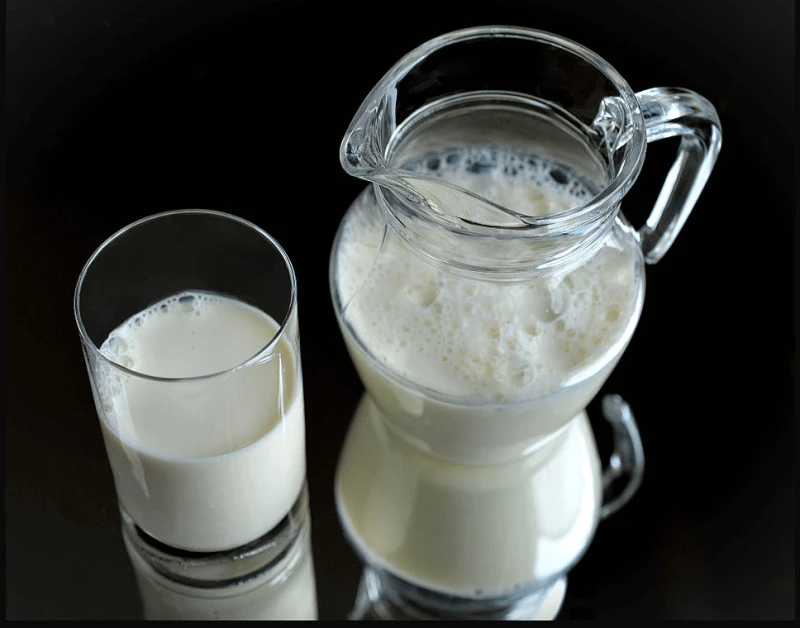Rethinking sustainability: Does nutritional value of dairy products offset environmental impacts of milk production?
Rethinking sustainability: Does nutritional value of dairy products offset environmental impacts of milk production?


Researchers from Virginia Tech’s School of Animal Sciences analyzed global data to better understand the holistic role of the dairy and meat industries with regards to human nutrition and the environment.
The researchers suggested that previous studies into the global dairy industry’s environmental impact had not considered the sector’s contribution to nutrition, presenting instead its outputs in terms of milk weight or energy content only. In terms of the environment, the study highlighted that prior scientific analysis had shown that removing livestock from US agriculture would only improve agricultural GHG emissions ‘slightly’ while resulting in a decrease of essential micronutrient supplies at the same time.
In conclusion, the researchers commented: “Collectively, the data highlight milk as an important food within the global agroecosystem. Although there are environmental trade-offs associated with milk production globally, milk provides a critical source of important vitamins and minerals. Indeed, milk is one of the only low-energy sources of calcium available for human consumption. Despite differences in production systems globally, milk production is strongly associated with calcium supplies and with supplies of other critical nutrients such as protein, riboflavin, vitamin B12, and phosphorus. Improving global supplies of milk, along with coordinating distribution of milk among supply chains, may be important priorities for enhancing availability of these critical nutrients within food systems worldwide.”
This is an excerpt. Read the original post here

 | Videos | More... |

Video: Nuclear energy will destroy us? Global warming is an existential threat? Chemicals are massacring bees? Donate to the Green Industrial Complex!
 | Bees & Pollinators | More... |

GLP podcast: Science journalism is a mess. Here’s how to fix it

Mosquito massacre: Can we safely tackle malaria with a CRISPR gene drive?

Are we facing an ‘Insect Apocalypse’ caused by ‘intensive, industrial’ farming and agricultural chemicals? The media say yes; Science says ‘no’
 | Infographics | More... |

Infographic: Global regulatory and health research agencies on whether glyphosate causes cancer
 | GMO FAQs | More... |

Why is there controversy over GMO foods but not GMO drugs?

How are GMOs labeled around the world?

How does genetic engineering differ from conventional breeding?
 | GLP Profiles | More... |

Alex Jones: Right-wing conspiracy theorist stokes fear of GMOs, pesticides to sell ‘health supplements’




 Viewpoint — Fact checking MAHA mythmakers: How wellness influencers and RFK, Jr. undermine American science and health
Viewpoint — Fact checking MAHA mythmakers: How wellness influencers and RFK, Jr. undermine American science and health Viewpoint: Video — Big Solar is gobbling up productive agricultural land and hurting farmers yet providing little energy or sustainabilty gains
Viewpoint: Video — Big Solar is gobbling up productive agricultural land and hurting farmers yet providing little energy or sustainabilty gains Fighting deforestation with CO2: Biotechnology breakthrough creates sustainable palm oil alternative for cosmetics
Fighting deforestation with CO2: Biotechnology breakthrough creates sustainable palm oil alternative for cosmetics Trust issues: What happens when therapists use ChatGPT?
Trust issues: What happens when therapists use ChatGPT? California, Washington, Oregon forge immunization alliance to safeguard vaccine access against federal undermining
California, Washington, Oregon forge immunization alliance to safeguard vaccine access against federal undermining 30-year-old tomato line shows genetic resistance to devastating virus
30-year-old tomato line shows genetic resistance to devastating virus The free-range chicken dilemma: Better for birds, but with substantial costs
The free-range chicken dilemma: Better for birds, but with substantial costs ‘You have to treat the brain first’: Rethinking chronic pain with Sanjay Gupta
‘You have to treat the brain first’: Rethinking chronic pain with Sanjay Gupta
